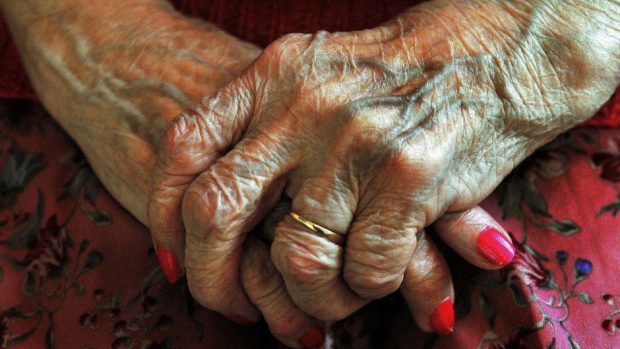A “question mark” has been placed over the future provision of care homes in the north.
Politicians have voiced concern ahead of a meeting of the NHS Highland board next week which is to debate the delivery of care to patients with medium and high levels of dependency.
A report by Hugo van Woerden, director of public health, outlines the pressures being put on services by an ageing population in the north.
He states: “There is limited workforce availability to resource care at home, care homes and hospital services within close proximity, as all are competing for the same pool of employees.
“As most individuals prefer to be cared for in their own home, there is a case for prioritising care at home over care home provision, when care needs can be appropriately met by both models of care.
“There is a need for clear commissioning principles when considering the future shape of provision. We must be able to meet the key challenges of demographic pressures, affordability and sustainability.
“We must be assured that any current or future care service can meet all these challenges to ensure that we are able to provide safe, high quality services.”
Highlands regional MSP and Labour’s shadow health minister David Stewart and his Conservative colleague Ed Mountain accepted the future of care provision in the region must be discussed and they welcomed the report coming up for debate.
But they both said there was now a “question mark” hanging over the role that care homes will play in that provision.
Mr Stewart said: “Nursing and care staff do an excellent job in what is becoming difficult circumstances, so the issue of staffing in the NHS and care sector is a very real concern.
“At a recent meeting of the health and sport committee in the Scottish Parliament the issue of staffing at hospitals and particularly care homes came up and there was a very real concern post-Brexit as to the availability of the many staff we have working in these facilities from the other 27 EU countries, who frankly do an excellent job.
“Staffing in the care sector is difficult with competing demands.”
Mr Mountain added: “I absolutely agree this has to be brought to the table for discussion. Some times we can’t have what we want. This report does raise a question mark over the provision of care homes and of health care in the Highlands.”
The report says one in five of the Highland population is currently over 65 years old, but by 2035 this will be almost one in three.
One area that is set to grow is dementia, which is expected to increase from around 4,500 people today, to over 8,000 people by 2035.
The NHS Highland meeting comes just days after it was revealed that council-run care homes in Argyll and Bute may be closed in a money-saving plan.
